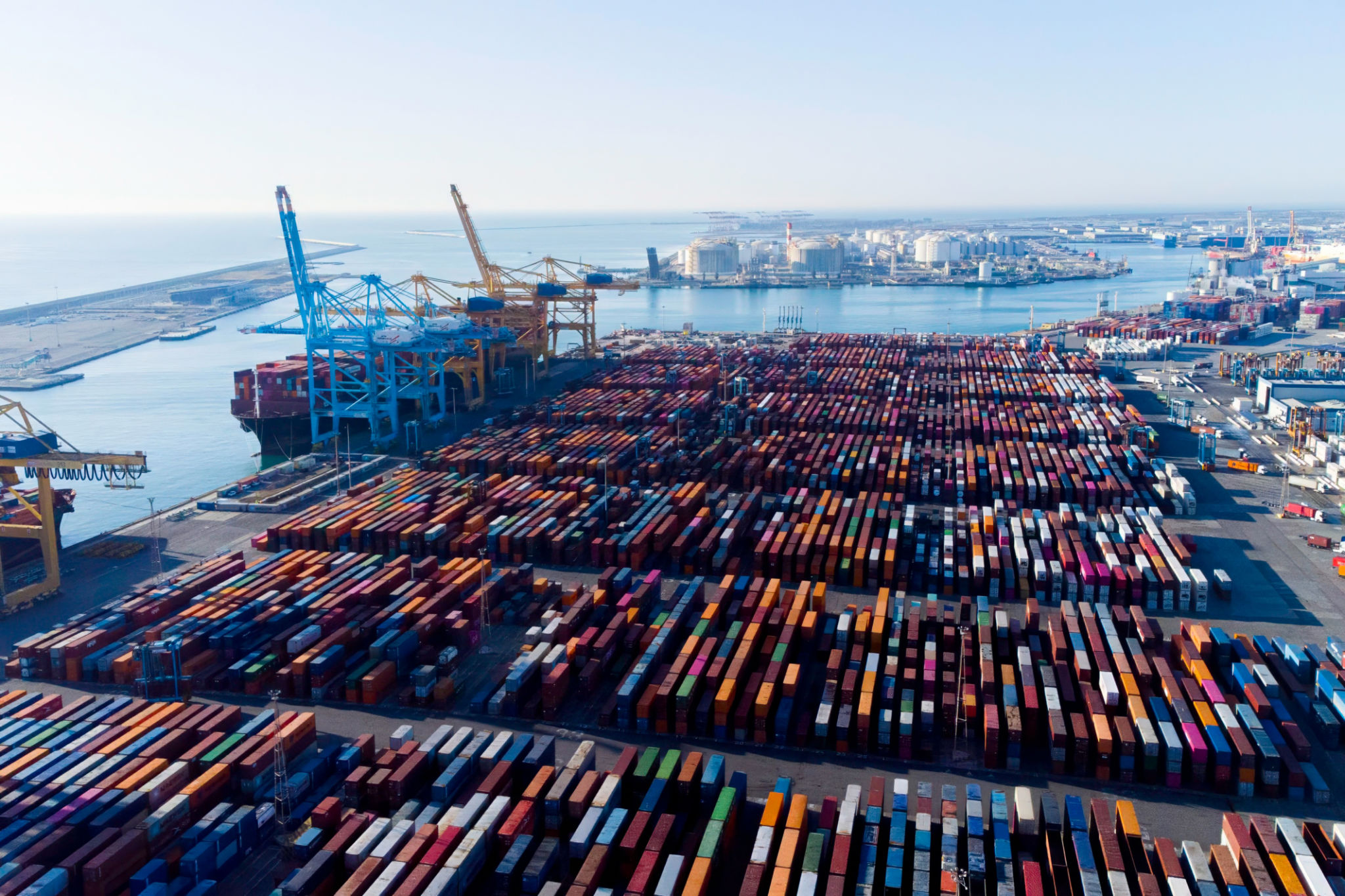Seasonal Tips for Managing Freight Transportation in Vancouver, WA
Understanding the Impact of Seasons on Freight Transportation
Freight transportation in Vancouver, WA, like many regions, is significantly influenced by seasonal changes. Each season presents unique challenges and opportunities that can affect the efficiency and cost of moving goods. Understanding these impacts is crucial for businesses to maintain smooth operations and optimize their logistics strategies.

Winter Challenges: Navigating Snow and Ice
Winter can be particularly challenging for freight transportation in Vancouver due to snow and icy roads. These conditions often lead to delays and increased risk of accidents. To mitigate these risks, it's essential to plan ahead by monitoring weather forecasts closely and adjusting delivery schedules accordingly. Additionally, ensuring that vehicles are equipped with proper winter tires and that drivers are trained in winter driving techniques can enhance safety and efficiency.
Another strategy is to partner with local logistics companies that have experience navigating winter conditions. They often have valuable insights and resources that can help maintain timely deliveries despite the challenges posed by winter weather.
Spring Thaw: Managing Road Restrictions
As the snow melts and temperatures rise in spring, road restrictions often come into play. These restrictions are usually implemented to prevent damage to roads weakened by thawing. For freight carriers, this means adapting routes and possibly facing weight limits. Planning alternative routes and coordinating with local authorities can help minimize disruptions during this period.

Summer Efficiency: Capitalizing on Longer Days
The summer months offer longer daylight hours, which can be advantageous for freight transportation. Extended daylight allows for more flexible delivery schedules and can reduce the need for overnight travel, potentially lowering costs. However, summer also brings increased traffic due to tourism, which can cause delays.
To optimize transportation during summer, consider scheduling deliveries during off-peak traffic hours. Utilizing technology such as GPS tracking can help reroute vehicles in real-time to avoid congestion and ensure timely deliveries.

Fall Preparedness: Anticipating Weather Changes
Fall is a transitional season where weather can be unpredictable. It's a time to prepare for the upcoming winter while managing current operations efficiently. Businesses should focus on vehicle maintenance to ensure readiness for colder temperatures and potential early snowfalls.
Additionally, fall is a busy season for many industries due to holiday preparations. It's crucial to communicate with partners and customers regarding expected delivery times and any potential delays to manage expectations effectively.
Leveraging Technology for Seasonal Adaptation
Technology plays a vital role in adapting to seasonal changes in freight transportation. Advanced logistics software can help predict potential disruptions and offer alternative solutions. Implementing real-time tracking systems allows for better communication and coordination, ensuring that everyone involved is aware of potential delays or reroutes.
Furthermore, investing in data analytics can provide insights into seasonal trends and help businesses make informed decisions about their logistics strategies.
Conclusion: A Proactive Approach
Seasonal changes present both challenges and opportunities for freight transportation in Vancouver, WA. By understanding these dynamics and adopting proactive measures, businesses can maintain efficiency and reliability throughout the year. From winter preparedness to leveraging technology, each season requires tailored strategies to ensure seamless freight operations.

By planning ahead and staying informed, businesses can not only navigate seasonal challenges but also capitalize on opportunities to optimize their freight transportation processes.